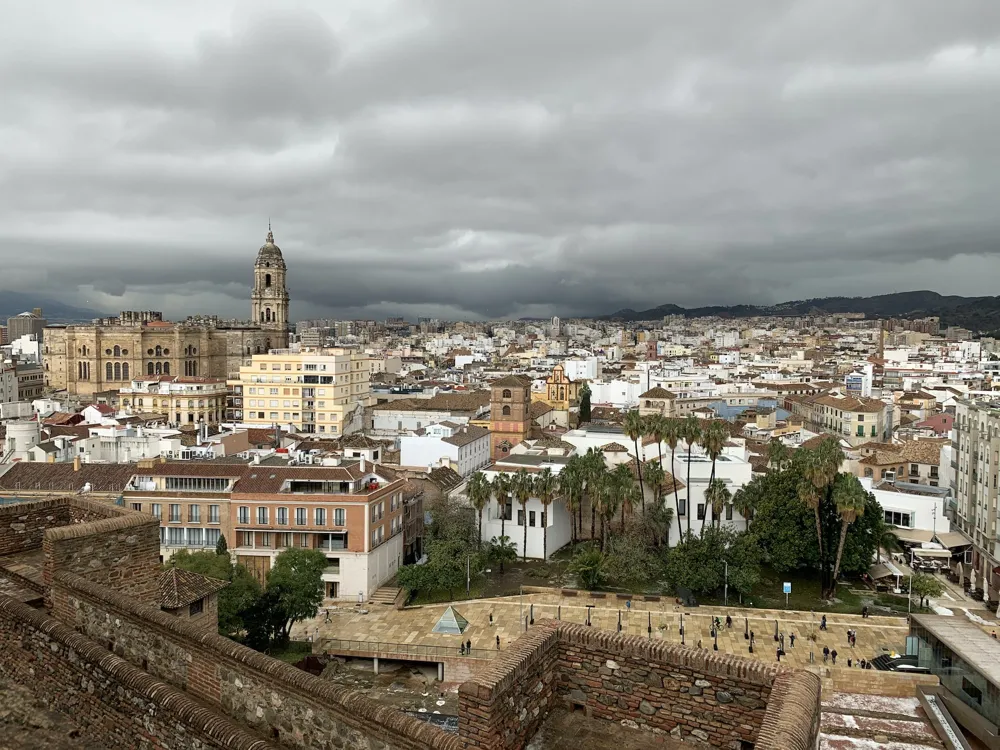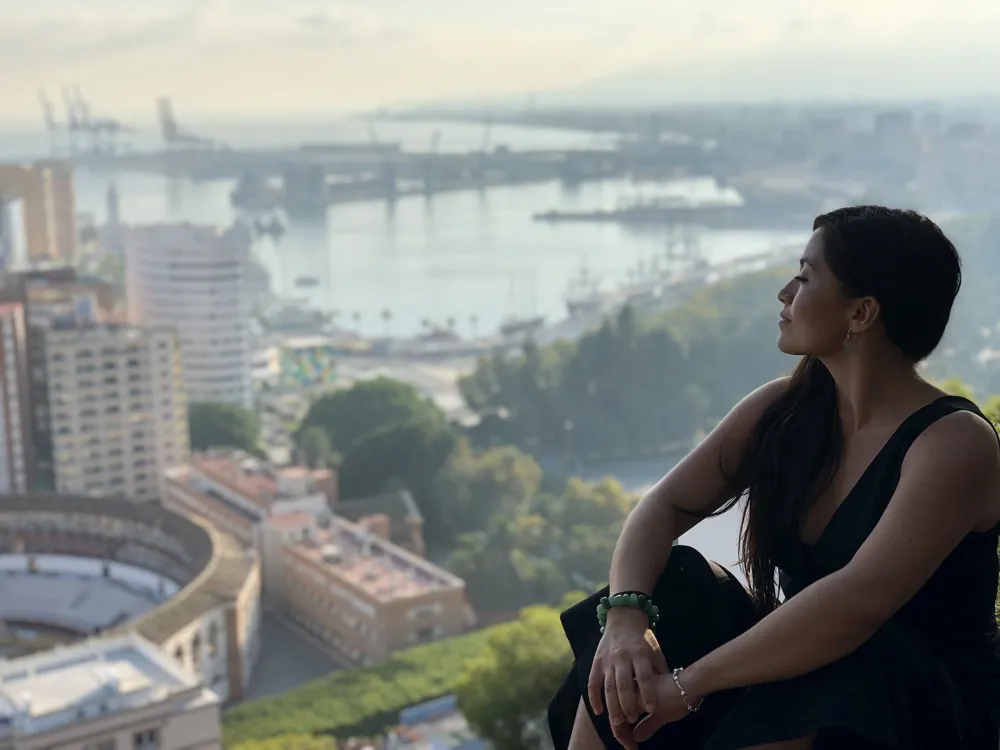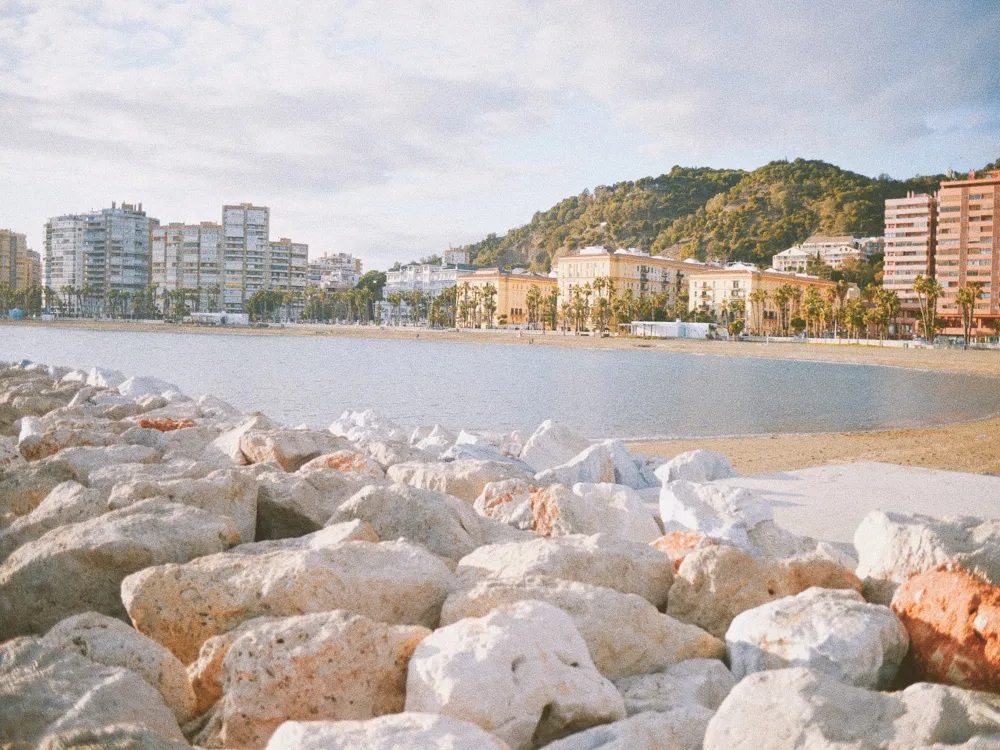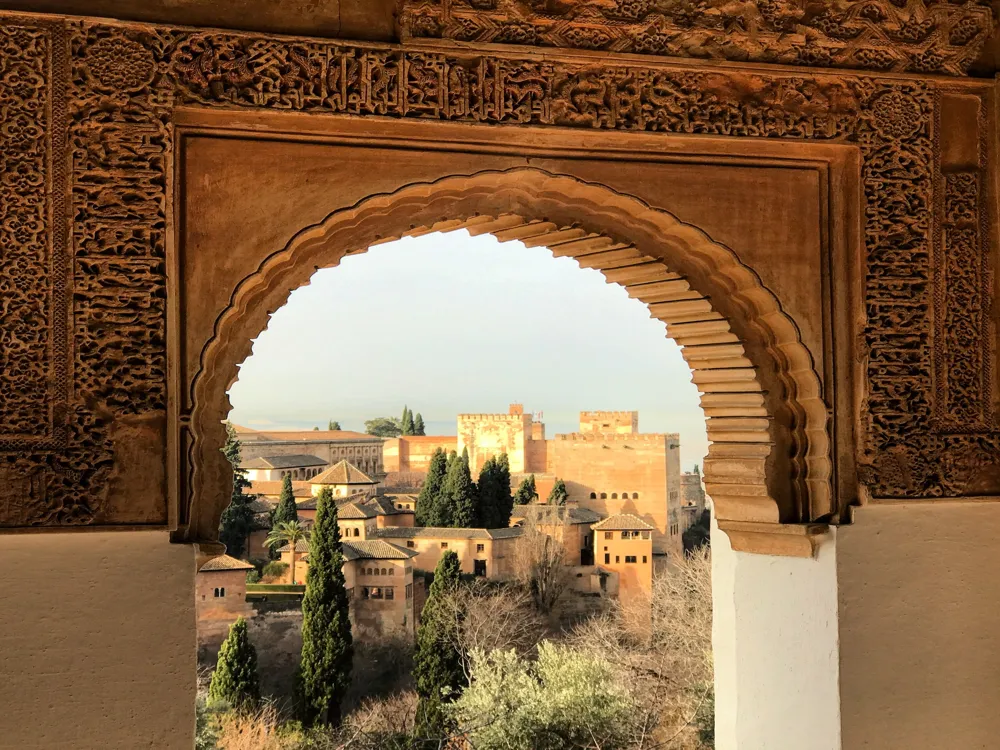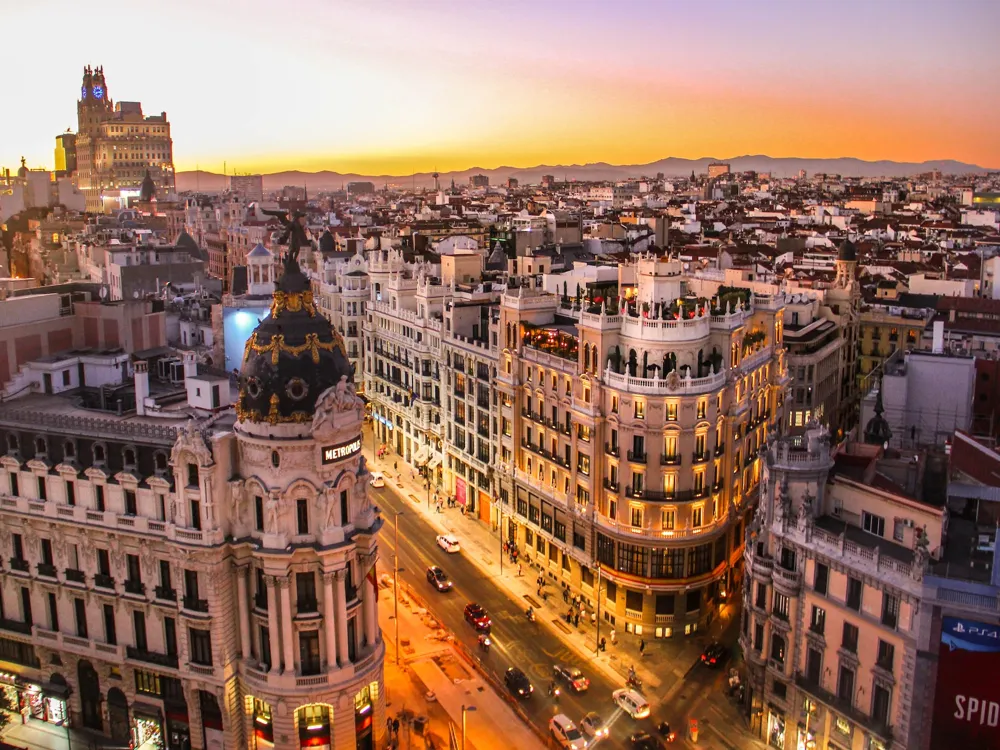Nestled in the heart of Malaga, the Malaga Museum stands as a beacon of culture and history, encapsulating the rich heritage of the region. This prestigious institution, housed in the iconic Palacio de la Aduana, offers a journey through time, showcasing an extensive collection that spans from archaeological findings to fine arts. The museum's vast array of exhibits makes it a must-visit destination for art enthusiasts, history buffs, and casual visitors alike, eager to immerse themselves in the splendor of Andalusian culture and history. The Malaga Museum's collection is a treasure trove of over 15,000 pieces, including a remarkable assortment of archaeological artifacts and a vast array of paintings and sculptures. These exhibits paint a vivid picture of Malaga's past, from its ancient Phoenician roots to its vibrant contemporary art scene. Visitors can explore various sections, each dedicated to different eras and themes, such as the Phoenician, Roman, and Arabic periods, as well as the Renaissance and Baroque epochs. The museum also takes pride in its collection of 19th and 20th-century Spanish paintings, highlighting the works of illustrious artists who have shaped the nation's artistic landscape. Besides its impressive collections, the Malaga Museum is a hub for educational activities, workshops, and temporary exhibitions, making it a dynamic and evolving space. The museum regularly hosts events that delve into various aspects of art, history, and culture, offering an enriching experience for visitors of all ages. Whether you are a seasoned art critic or a curious traveler, the Malaga Museum offers a captivating and enlightening experience that transcends the conventional museum visit. The Malaga Museum is not just about its collections; the building itself is an architectural marvel that merits attention. The Palacio de la Aduana, which houses the museum, is a stunning example of neoclassical architecture. Designed by architects Manuel Martín Rodríguez and later by Antonio Ramos, the palace was initially constructed in the late 18th century to serve as a customs house for the bustling port of Malaga. Its strategic location near the port underscores its historical importance in the city's maritime and commercial activities. The building's façade is adorned with exquisite details, including Corinthian columns and intricate reliefs, reflecting the neoclassical style's elegance and symmetry. The grand staircase, a centerpiece of the interior, is a masterpiece of design, leading visitors to the upper floors where the heart of the museum lies. The restoration and adaptation of the Palacio de la Aduana into the Malaga Museum was a meticulous process, ensuring that the historical integrity of the building was preserved while making it suitable for housing the museum's extensive collections. The interior of the museum is a harmonious blend of classic and modern elements. The exhibition spaces are thoughtfully designed, offering a seamless flow that guides visitors through the different sections of the museum. Natural light plays a crucial role in the museum's design, with skylights and strategically placed windows illuminating the artworks and artifacts, enhancing their beauty. The fusion of the historical architecture with contemporary design elements creates a unique and inviting atmosphere, making the Malaga Museum not only a place of historical and artistic significance but also an architectural landmark in the city. Before visiting the Malaga Museum, it's advisable to check the museum's website for the latest information on opening hours, ticket prices, and any special exhibitions or events. Planning your visit in advance can help you make the most of your time at the museum. Consider taking a guided tour to gain deeper insights into the collections and the history of the museum. Guided tours are often available in multiple languages and can greatly enhance your understanding and appreciation of the exhibits. Wear comfortable shoes and attire, as the museum covers a large area and involves a significant amount of walking. This will help you explore the museum at a leisurely pace without discomfort. Be sure to check the museum's photography policy. While personal photography is usually allowed, flash and tripods might be prohibited. Respecting these guidelines helps in the preservation of the artworks. If you're visiting with children, inquire about any interactive exhibits or activities designed for young visitors. These can make the museum experience more engaging and enjoyable for kids. The Malaga Museum is conveniently located in the city center, making it easily accessible by various means of transportation. For those traveling by public transport, numerous bus lines stop near the museum. Visitors can also opt for the Malaga metro, with the closest station being just a short walk away from the museum. For those driving, there are several parking options available in the vicinity of the museum. Additionally, the museum is within walking distance from many central locations in Malaga, making it a pleasant and accessible destination for those exploring the city on foot. Read MoreOverview of Malaga Museum
Architecture of Malaga Museum
Tips When Visiting Malaga Museum
Plan Your Visit
Guided Tours
Comfortable Attire
Photography Guidelines
Children's Activities
How To Reach Malaga Museum
Malaga Tourism
Best Time to Visit Malaga
How to Reach Malaga
Things To Do Malaga
Malaga Museum
Malaga
₹ 80,000 onwards
View malaga Packages
Weather :
Tags : Museum
Timings : WINTER (16 September to 15 June)
Tuesday to Saturday: 9:00 AM - 8:00 PM
Sundays and holidays: 9:00 AM - 3:00 PM
Mondays closed
SUMMER (16 June to 15 September)
Tuesday to Saturday: 9:00 AM - 9:00 PM
Sunday: 9:00 AM - 3:00 PM
Mondays closed
Planning a Trip? Ask Your Question
Also Refered As:
Museo de Málaga
Malaga Travel Packages
View All Packages For Malaga
Top Hotel Collections for Malaga

Private Pool

Luxury Hotels

5-Star Hotels

Pet Friendly
Top Hotels Near Malaga
Other Top Ranking Places In Malaga
View All Places To Visit In malaga
View malaga Packages
Weather :
Tags : Museum
Timings : WINTER (16 September to 15 June)
Tuesday to Saturday: 9:00 AM - 8:00 PM
Sundays and holidays: 9:00 AM - 3:00 PM
Mondays closed
SUMMER (16 June to 15 September)
Tuesday to Saturday: 9:00 AM - 9:00 PM
Sunday: 9:00 AM - 3:00 PM
Mondays closed
Planning a Trip? Ask Your Question
Also Refered As:
Museo de Málaga
Malaga Travel Packages
View All Packages For Malaga
Top Hotel Collections for Malaga

Private Pool

Luxury Hotels

5-Star Hotels

Pet Friendly







